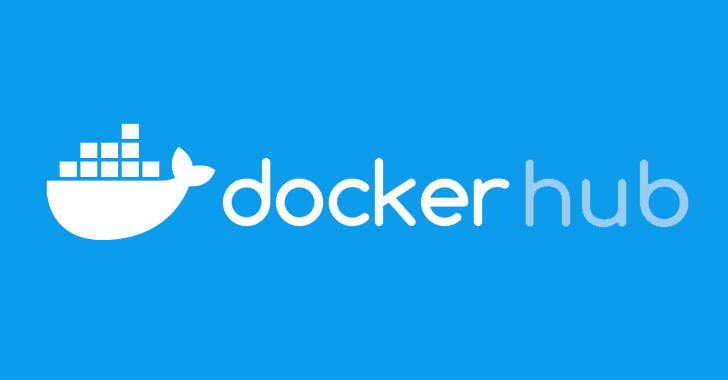Google published a blog post introducing machine learning to detect phishing Emails, click-time warnings for malicious links, and unintended external reply warnings.
Machine learning has helped Gmail accomplish over 99% accuracy in spam recognition, and with this new security improvements.Google continuously focussing on Security improvements for Gmail users
Google continuously focussing on Security improvements for Gmail users.
At RSA Conference Elie Bursztein the head of Google’s anti-abuse research team said they are to implement the SMTP Strict Transport Security following by Gmail users soon.
Last February Google also launched new hosted S/MIME solution to enhance security for Gmail in the enterprise.
Machine learning to detect phishing Emails
With machine learning, Google can square tricky spam and phishing messages from appearing in your inbox with more than 99.9% precision.
They are Continuously enhancing spam identification accuracy with an active machine learning model which run a thorough phishing analysis to make sure user protection.
New Warnings
Hereafter Google decides to show warnings if you send Emails outside of your company domain. Google uses contextual intelligence which avoids from demonstrating this notice for clients that you regularly interact.
Also, they squared utilization of file types that convey a high potential for security risks including executable and Javascript documents.
File types that can’t be attached
.ADE, .ADP, .BAT, .CHM, .CMD, .COM, .CPL, .EXE, .HTA, .INS, .ISP, .JAR, .JS (NEW), .JSE, .LIB, .LNK, .MDE, .MSC, .MSI, .MSP, .MST, .NSH .PIF, .SCR, .SCT, .SHB, .SYS, .VB, .VBE, .VBS, .VXD, .WSC, .WSF, .WSH
Javascript files are blocked from February 13th for security reasons.
However, they have highlighted that there are other alternative ways (Drive and Google Cloud) for sending Javascript files forward and backward if clients still need to send these legitimately.
Also Read









